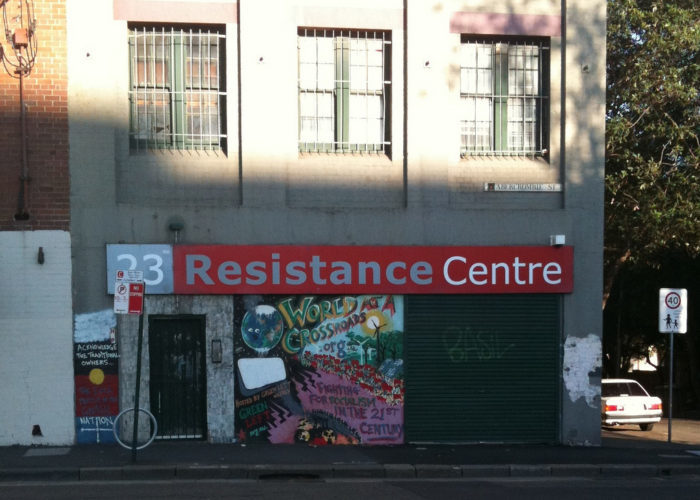
The history of apartheid in South Africa offers countless examples of brave and strategically effective resistance to race-based government oppression, from Nelson Mandela to Desmond Tutu and beyond. But as Michael Brooks and David Slavick write at the website of The Baffler, the era also offers a particularly instructive example of ineffective resistance, in the form of the Progressive Federal Party, the main opposition party during apartheid. The PFP officially opposed apartheid, but rather than align itself with radical groups struggling against apartheid on the ground, it largely abided by apartheid laws, focusing instead on neoliberal economic development. As Brooks and Slavick write, the failures of the PFP stand as a warning to the Democratic Party in the US and other liberal opposition parties around the world: “institutional centrism can never effectively beat back the far right.” Check out an excerpt from the piece below, or read the full text here.
Obviously, there are major differences between America now and the South Africa of 1948-1994—we don’t live in an apartheid state—but what we do share is a leadership that is thriving on xenophobia and conducting campaigns of voter disenfranchisement across the country. When this is combined with a uniquely American agenda of wealth-hoarding and the social realities of white backlash, our present political situation becomes threatening in its own way. But, even so, the U.S. Democratic Party’s “resistance” remains ineffective due to some of the same ideological and temperamental pathologies that affected South Africa’s moderate official opposition—a party few Americans know even existed, for the good reason that it didn’t accomplish much.
The Progressive Federal Party—the predecessor to the Democratic Alliance Party, which still operates in South Africa—was not able to reverse apartheid policies or restrain the massive abuses of human rights against black South Africans and the killings the National Party government engaged in during its whole time in office.
It failed to understand that solely “being right” is not a strategy for winning political battles. As South African liberal senator Edgar Brookes warned in 1949: “Our cause is logically so strong that we are tempted to put our whole faith in logic.” This inability to distinguish between having the right convictions and doing right by those convictions damned its efforts. While it opposed apartheid, it complied with apartheid laws banning multiracial parties. It rose to the status of official opposition in the 1970s and exploited divisions within the ruling National Party by appealing to anti-communist sentiments while promoting a platform intended to strengthen the economic position of white voters—but it was never able to alter the apartheid system, or to help allow the political participation of banned groups like the ANC.
Image via The Baffler.